Juneida Abdul Jabbar | Window Grills
The P21 Gallery is pleased to present Window Grills, an online exhibition of digital works by Juneida Abdul Jabbar, highlighting migrant narratives and performative urban landscapes of the contemporary Gulf-Malayali migrant experience. Window Grills explores Gulf migration from Kerala to the UAE from the late 60’s - 70’s boom to its present-day influence on the rise of vacant domestic houses in Kerala, including the history, politics, the construction industry, media, and architecture of the ‘empty house’.
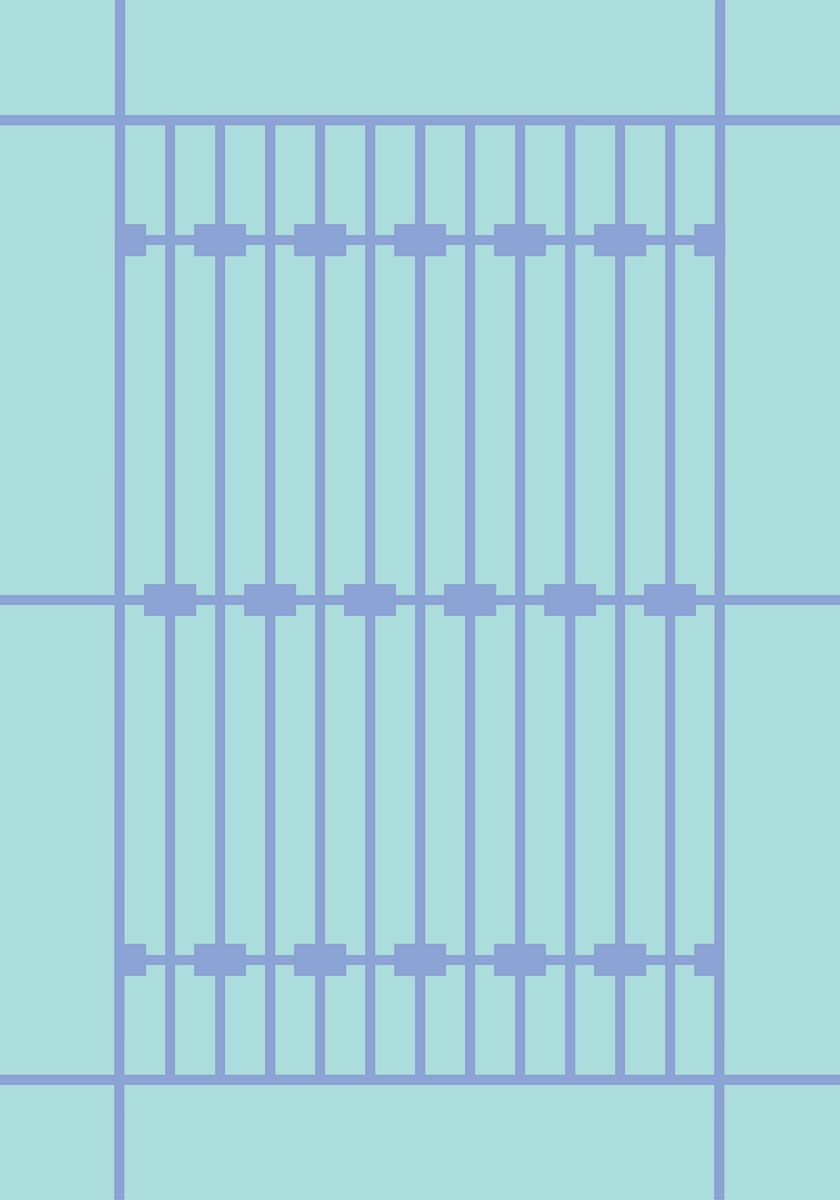
These are the designs of the window grills in my grandfather’s house. Featured in the backdrops of most of mine and my family’s memories in Kerala, framing silhouettes in old coin sized monochrome photos.
A few years ago, I found out that my grandfather’s siblings also had the same window grill designs in their homes. I was enthralled. My brother jokes, “It’s almost as if the Achari Kurkkan family line had adopted it as their emblem”. I clung to those words trying to find emotional connection in a family that struggles with communication. When I had suggested this hypothesis to my grandfather, he laughed at how I was desperately trying to impose meaning onto these window grills. The reality of the situation was much less romantic, my grandfather received the metalsmith’s contact through his brother, who had worked with him before, for his own house. For efficiency, my grandfather simply was happy for the metalsmith to use the same design for his own house. The other siblings followed suit.

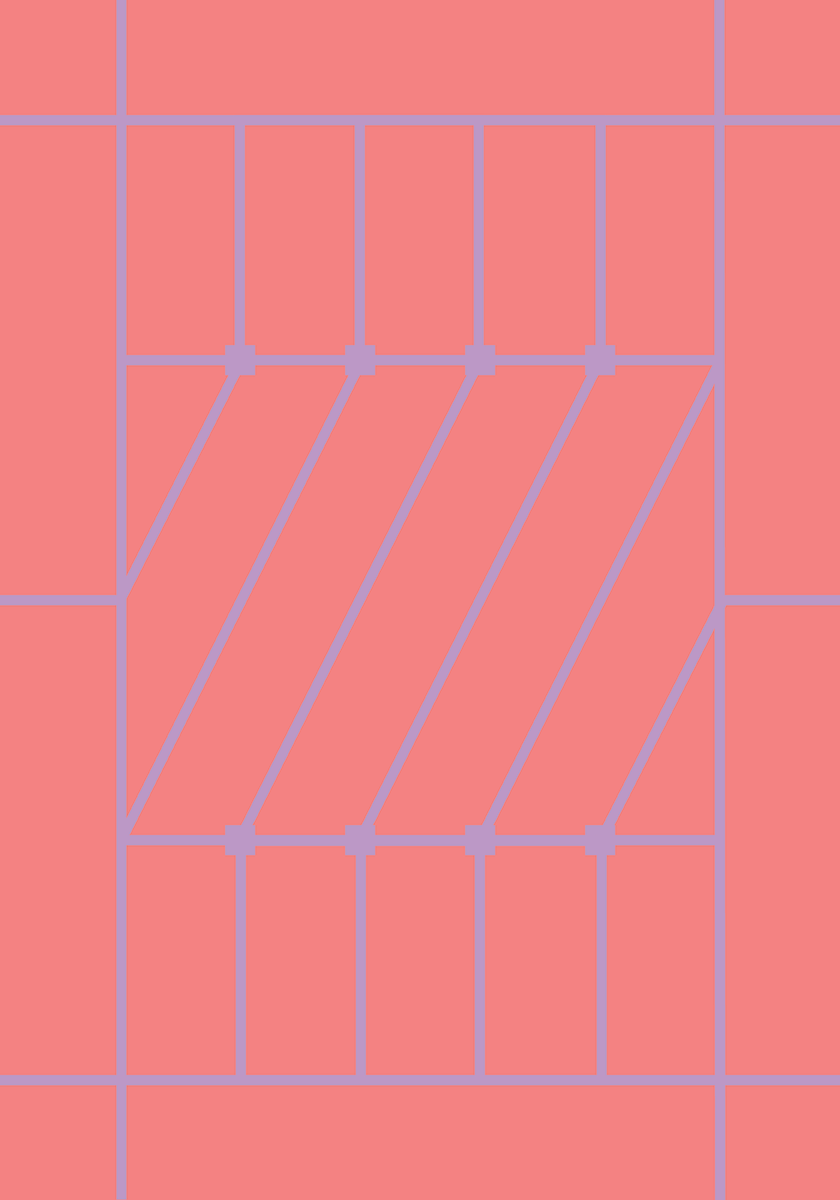
POLITE BEWILDERMENT & COURTLY INDIFFERENCE
Manu S. Pillai outlines the origin story of Malayali aloofness in The Ivory Throne: Chronicles of the House of Travancore
“It is no wonder, then, that the Portuguese were drawn to Kerala. But what set them apart from other merchants was that they came in search not only of spices but also of Christians. The aim, dramatically enough, was to reunite with lost Christians in the East and retake Jerusalem after an ultimate confrontation with Islam. This religious zeal was a legacy of the violent Crusades that had tormented Europe for generations, and there was a rather fundamentalist spark motivating this higher purpose of the explorers. And indeed when they reached Calicut, they were thrilled not so much by the magnificent commerce they witnessed there, but by the happy intelligence that resident on this sliver of the Indian coast was an ancient community of indigenous Christians. The old tales that had exhilarated Europe for centuries were finally confirmed and it was with great eagerness that the early Portuguese went out to meet their Indian brethren. But if they expected the Christians of Kerala to revel in joy at being united with them and pledge unconditional loyalty, they were somewhat disappointed. For the Malayali Christians responded with POLITE BEWILDERMENT AND COURTLY INDIFFERENCE, rendering the Portuguese disheartened first and then positively enraged.”
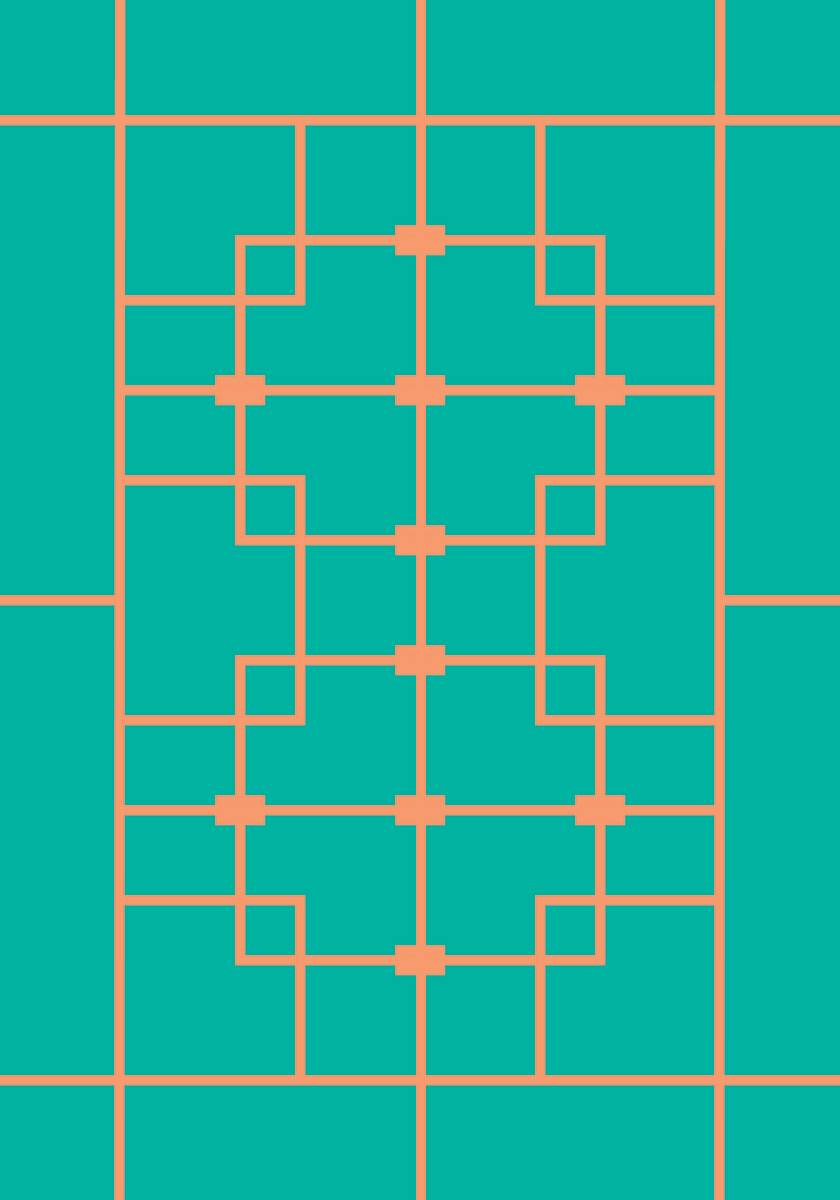

Historically, the reasons why and how we have built and occupied domestic housing in Kerala has changed. The evolution of customary practices and the 1970’s mass Gulf migrations have triggered the increase of houses being built.
The Gulf oil boom caused a demand for a large workforce kickstarting mass migration to the Gulf from Kerala. This caused a drastic increase in remittances and a drastic increase in disposable wealth in the state. Well aware of the transient nature of their stay in the Gulf and a lack of state welfare privileges for expatriates, Keralites invest in their retirement homes back in Kerala and they start early. However, as people stay abroad in search of better opportunities their houses remain vacant.
According to the 2011 census data, about 11% (1.19 million) houses in Kerala lie vacant. This is much higher than India’s national average of 7.45%

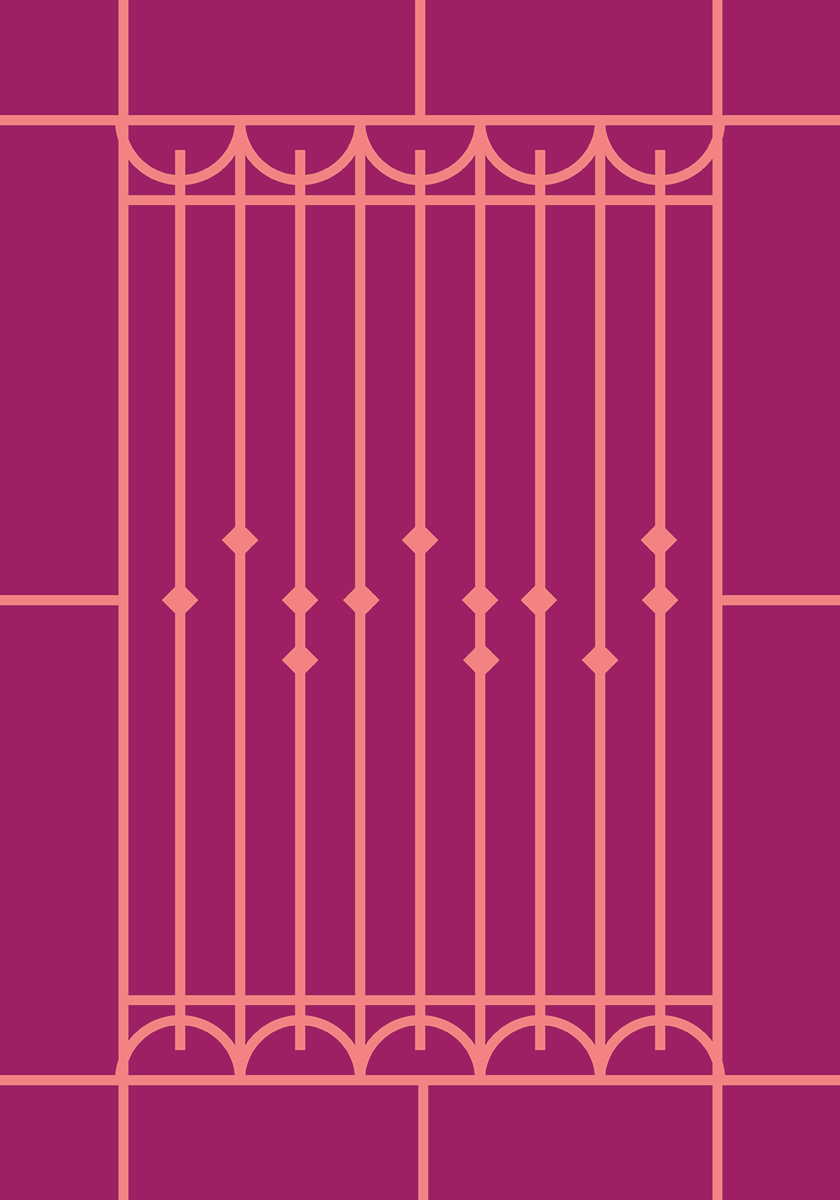
MALAYALIS ARE OBSESSED WITH HOUSES
- In 2012, Vanitha Veedu, a Malayali interior design magazine was the largest magazine of any language and category in circulation in India.
- In Kerala, the average house size ranges between 600 and 700 sqft, when the national average is only 400 sqft.
More than owning existing houses, Malayalis are obsessed with building and designing their own space. It’s a problem especially when so many of them lie empty. House construction is taking a huge toll on Kerala’s environment, increasing public debt, promoting toxic masculinity, feeding capitalism, and the social class divide.
Window grills work as the perfect analogy to encapsulate this. They are beautifully handcrafted metal works; an integral design element in the Kerala house. They encapsulate our memories, history, and pride in its design and production. More significantly, they divide the interior and exterior framing gender roles, and allude to failed aspirations from the Gulf.

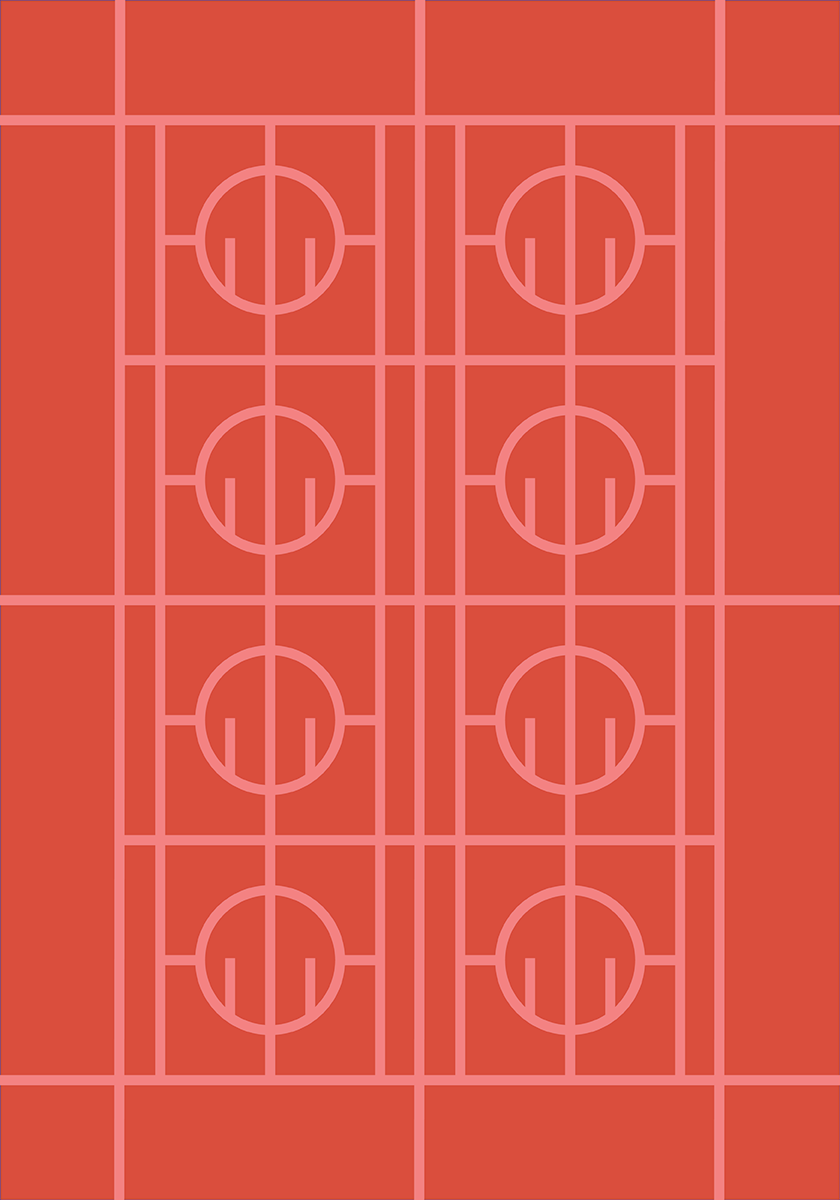
In the neighbouring village, the TV house uses 3 different designs for their window grills, with each design having a meaningful role in the family history.
The first design, a traditional elaborate and curved window grill, was commissioned by the family’s late patriarch (great-grandfather). It was a performative way of displaying wealth through its elaborate art deco design.
The next generation, his son, renovated the existing Theravada (ancestral house) and designed the second window grill. He remixed the original design of the window grills incorporating his father’s nickname and the family name’s initials (VTV) into the pattern and adopted it as their family emblem. He was the first Gulf migrant in their family, and embedded his Gulf aspirations, social currency, and masculine pride into the window grill’s design. Mirroring the family’s late patriarch, his version of the window grills was performative, and used as a tool to display his wealth.
The third generation (father and current Gulf migrant) built his house in the neighbouring plot of the VTV house. Here he used the first two designs for some of the windows along with a third new design, which consisted of plain horizontal lines from contemporary minimalist design trends. I had initially romanticised the father’s gesture, and saw it as a gesture of love, honouring the designs of the generations before him. The reality was the previous designs were used because it was more affordable to recycle existing window grills then purchase new ones of a contemporary design.
Why are we so desperate to impose meaning onto these window grills? Is it about connection? An attempt to talk about the effects of Gulf aspirations on masculinity and shame across generations?

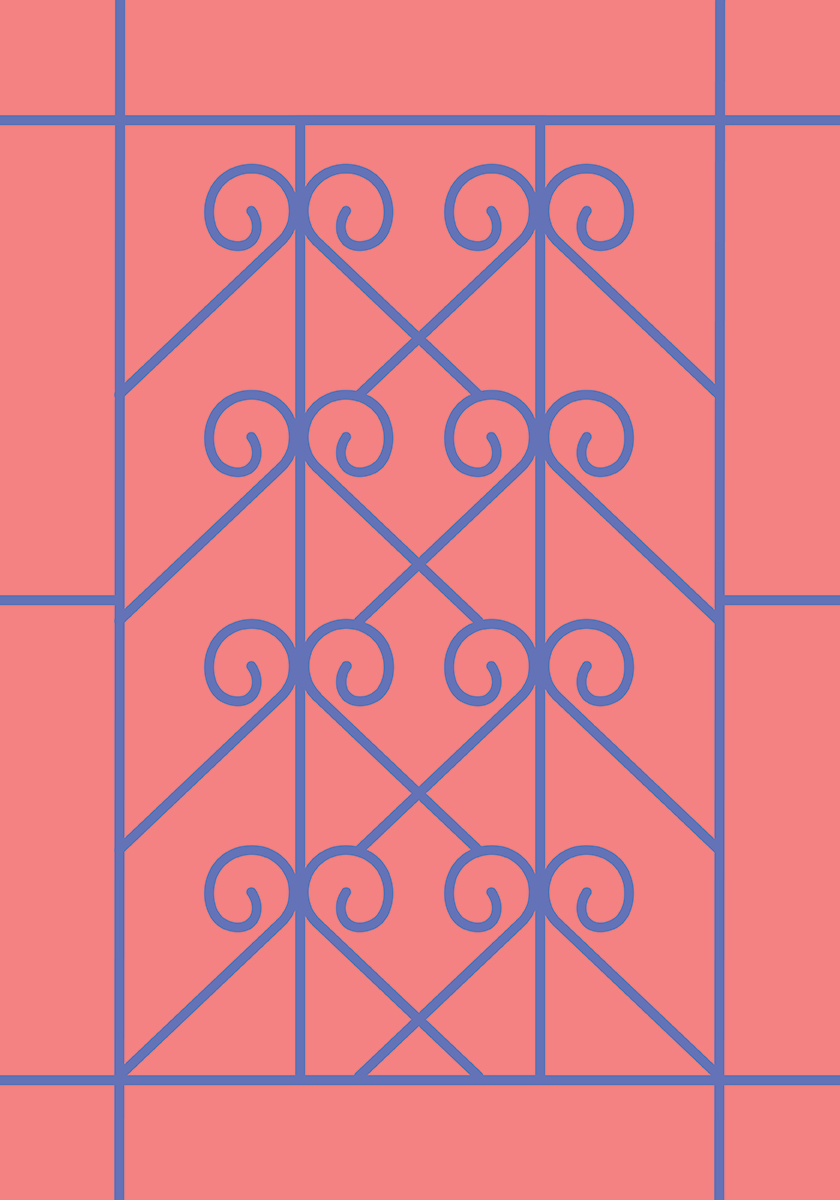
Elippathayam (The Rat Trap) 1982 Malayalam movie written and directed by Adoor Gopalakrishnan.
Set in the 196Os, Elippathayam looks at the departure from the feudal matrilineal system, and how Unni and his family deal with the change.
The deteriorating house is a central character in this movie representing the feudal system. Here, time moves slowly, there is a rat infestation, a broken clock, and mold grows on the walls. The 3 siblings who live in the house are trapped behind its window grills.
Unni, self-involved, pretends the times are not changing and constantly avoids any kind of conflict or labour. Full of pride, he becomes trapped in his house and the system it represents. The younger characters represent the ‘future’ and ‘change’ that Unni is avoiding. Sreedevi, the youngest sister doesn’t conform and is always dressed in red. She is the only sibling that sees a way out of the house through action and rebellion. On the other hand, Rajamma, Sreedevi’s older sister, is always dressed in blue, submissive, and nurturing. She doesn’t escape the house and is regularly framed within the house. In the end dies trapped there behind its window grills.
This movie looks at labour and action as a means of change and social mobility. The house and its window grills divide the interior and exterior; juxtaposing the interior stillness and oppression against action, migration and change that takes place outside the house.
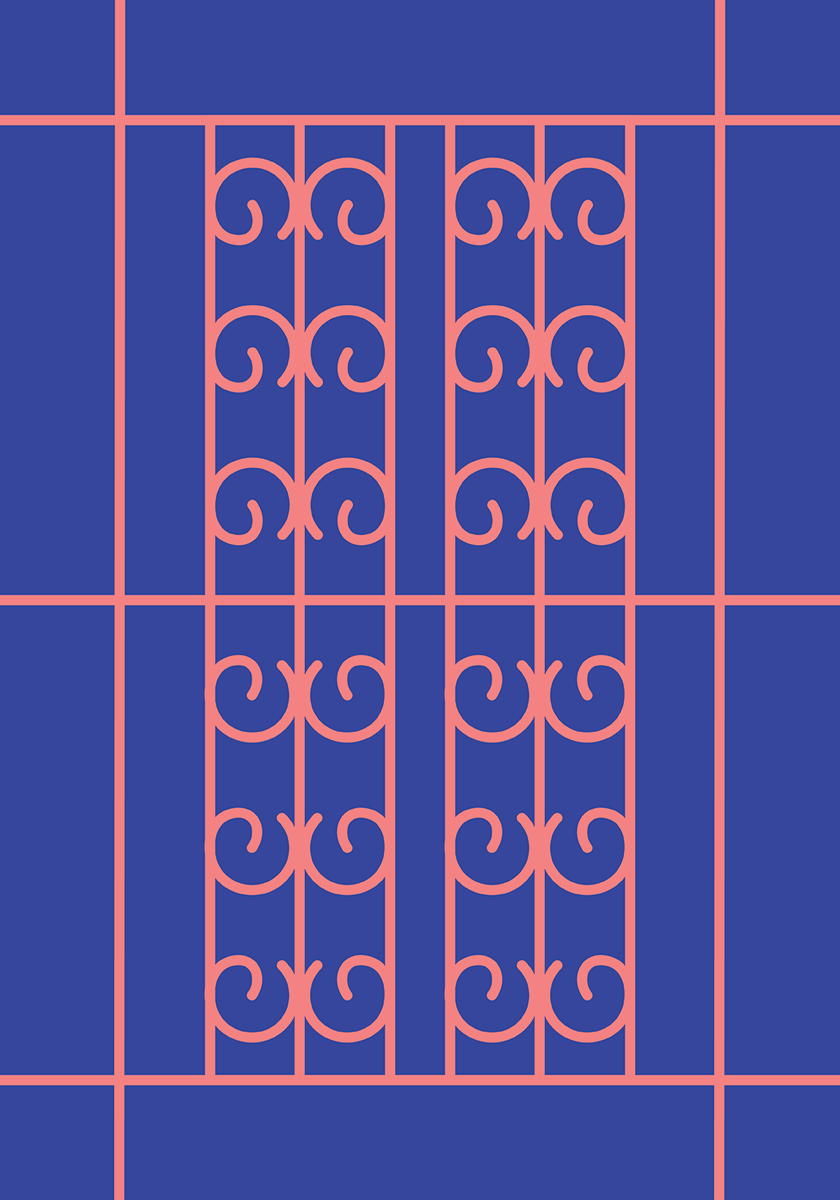
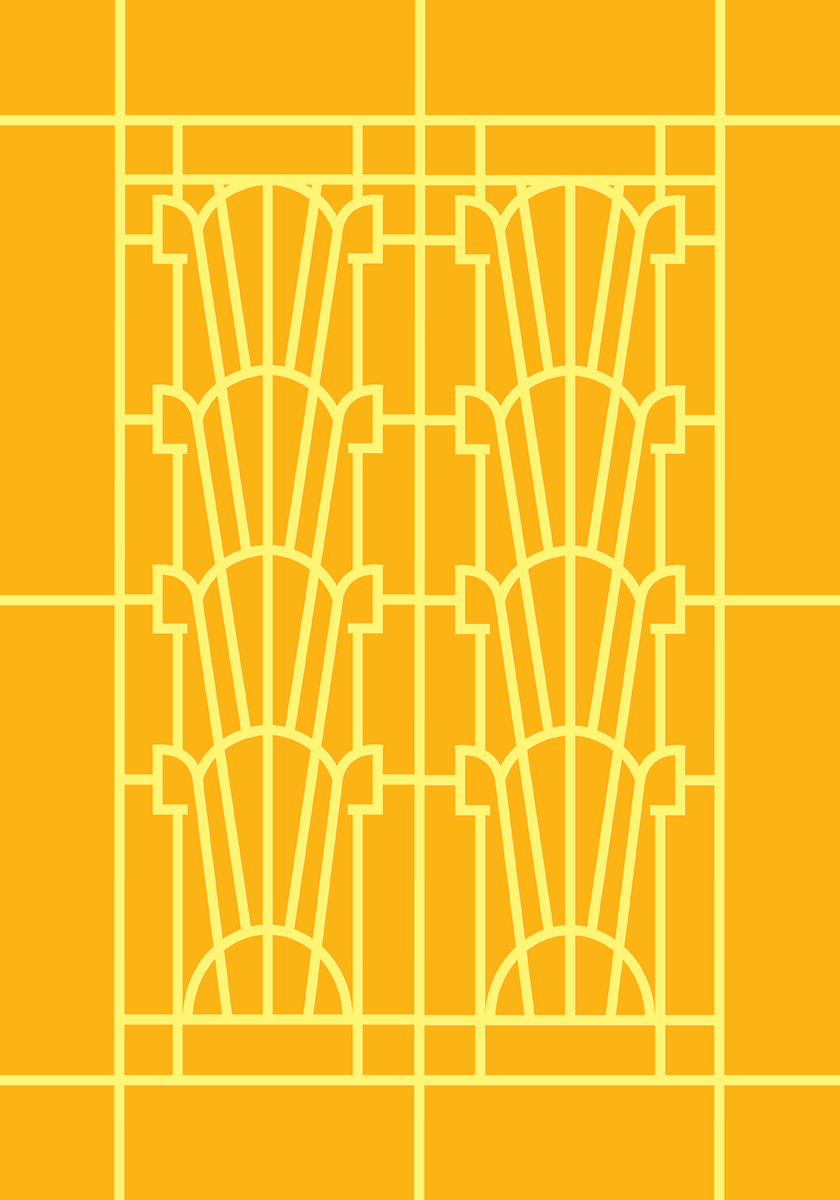
ASIAN PAINTS: An Indian multinational paint company, famous for their advertisements of their Apex Ultima Advanced Anti-Algal Weatherproof emulsion series.
Asian Paints released a color guide video featuring personal and state pride, trends, and iconography of the Malayali home.
“For Malayali’s, home is the sign of their identities, Nobel Theravada where the memories reside, colonial style bungalows on rolling foothills, and the contemporary new home that represent the changing times, are all Kerala’s pride...”
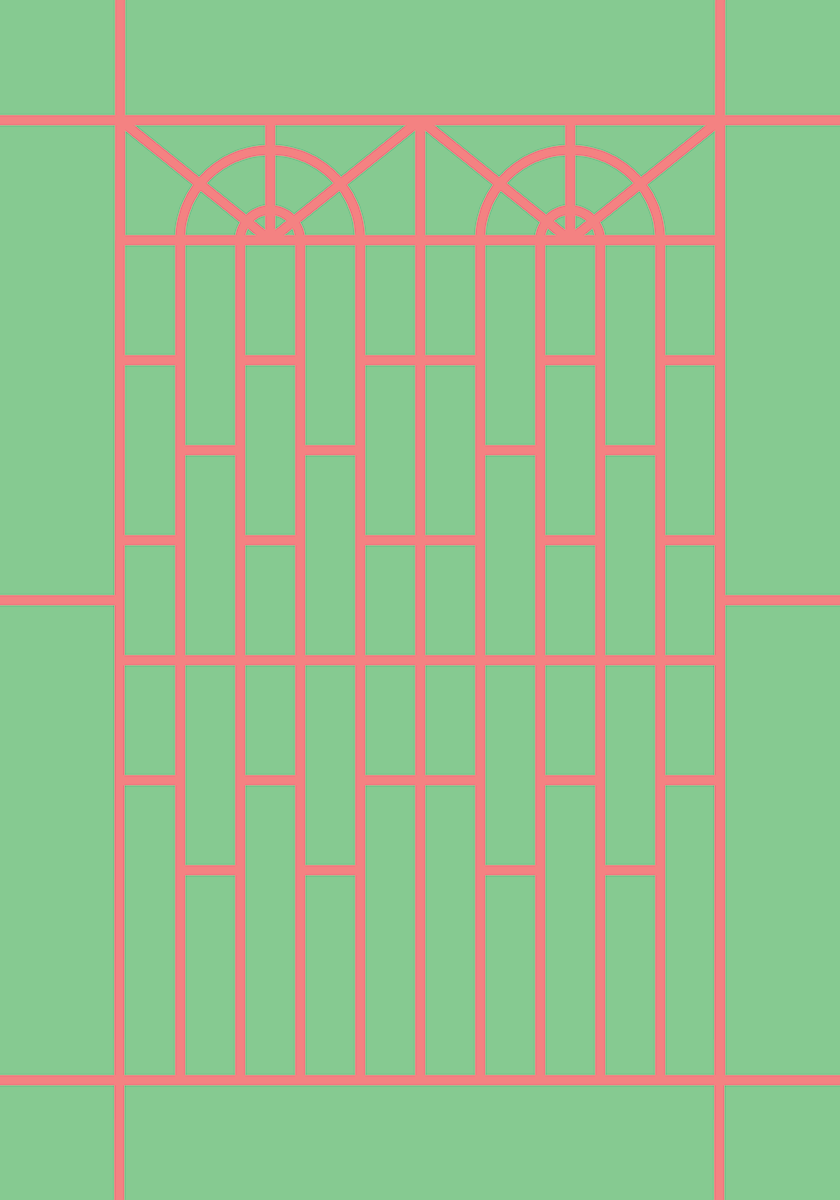
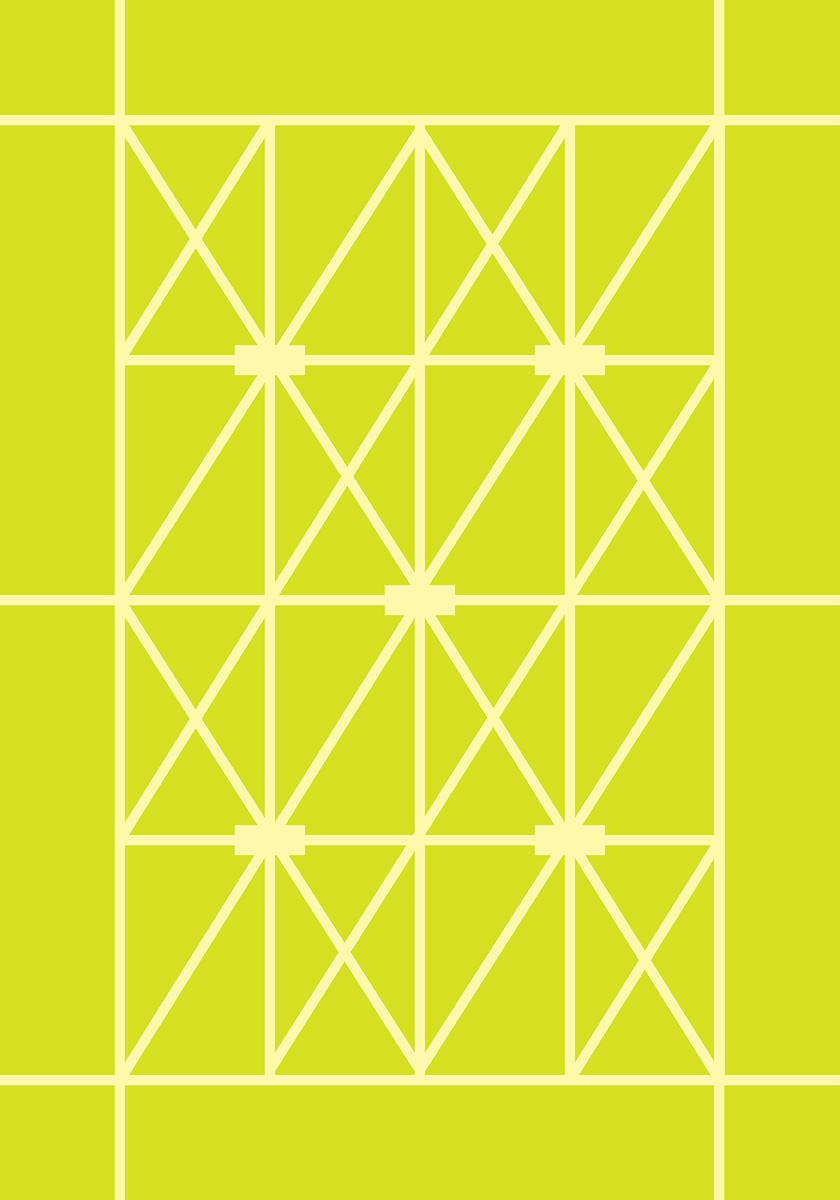
An extract from the poem BLOOD by Kamala Das
Finally, she lay dying
In her eighty sixth year
A woman wearied by compromise
Her legs quilted with arthritis
And with only a hard cough
For comfort
I looked deep into her eyes
Her poor bleary eyes
And prayed that she would not grieve
So much about the house.
I had learnt by then
Most lessons of defeat,
Had found out that to grow rich
Was a difficult feat.
The house was crouching
On its elbows then,
It looked that night in the pallid moon
So grotesque and alive.
When they burnt my great grandmother
Over logs of the mango tree
I looked once at the house
And then again and again
For I thought I saw the windows close
Like the closing of the eyes
I thought I heard the pillars groan
And the dark rooms heave a sigh.
I set forth again
For other towns,
Left the house with the shrine
And the sands
And the flowering shrubs
And the wide rabid mouth of the Arabian Sea.
* * *
I know the rats are running now
Across the darkened halls
They do not fear the dead
I know the white ants have reached my home
And have raised on walls
Strange totems of burial.
At night, in stillness,
From every town I live in
I hear the rattle of its death
The noise of rafters creaking
And the windows’ whine.
I have let you down
Old house, I seek forgiveness
O mother’s mother’s mother
I have plucked your soul
Like a pip from a fruit
And have flung it into your pyre
Call me callous
Call me selfish
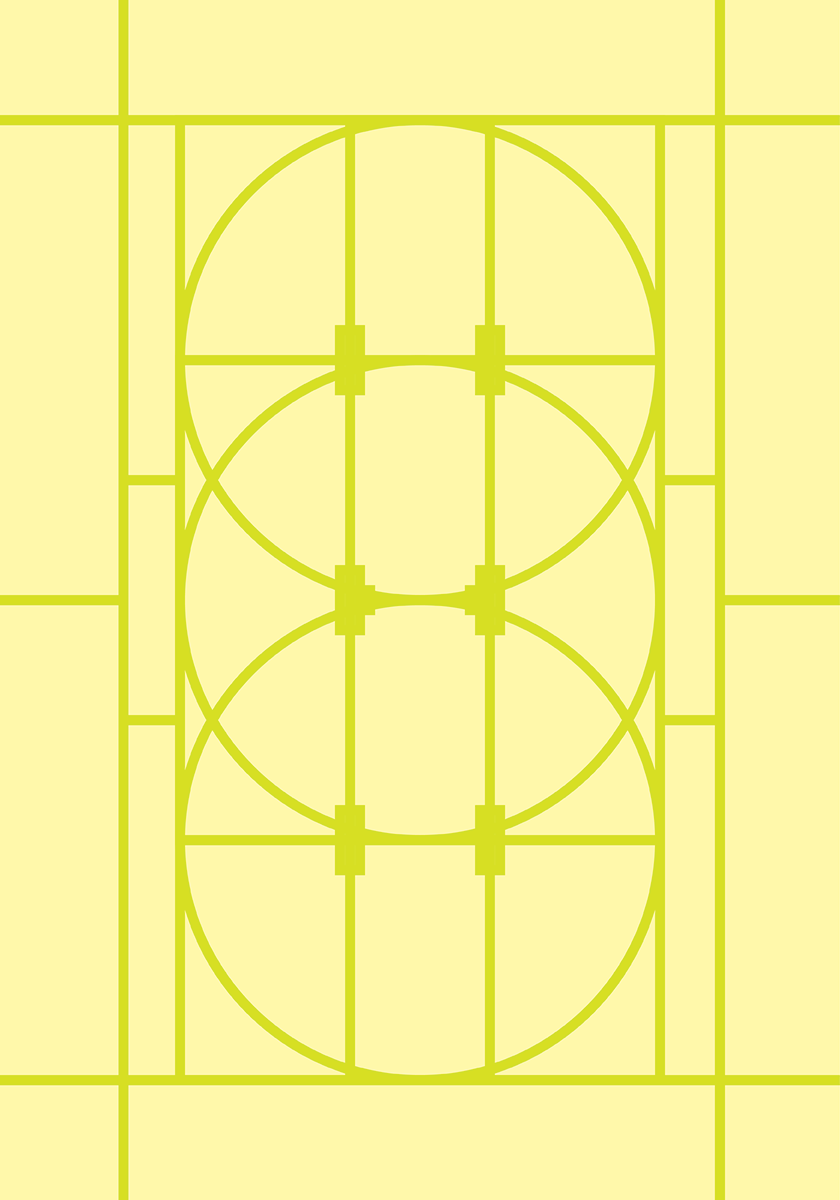

Conversation between Juneida Abdul Jabbar and Zahra Mansoor, 2022, 14:54mins


 About Us
About Us Visit Us
Visit Us Support Us
Support Us